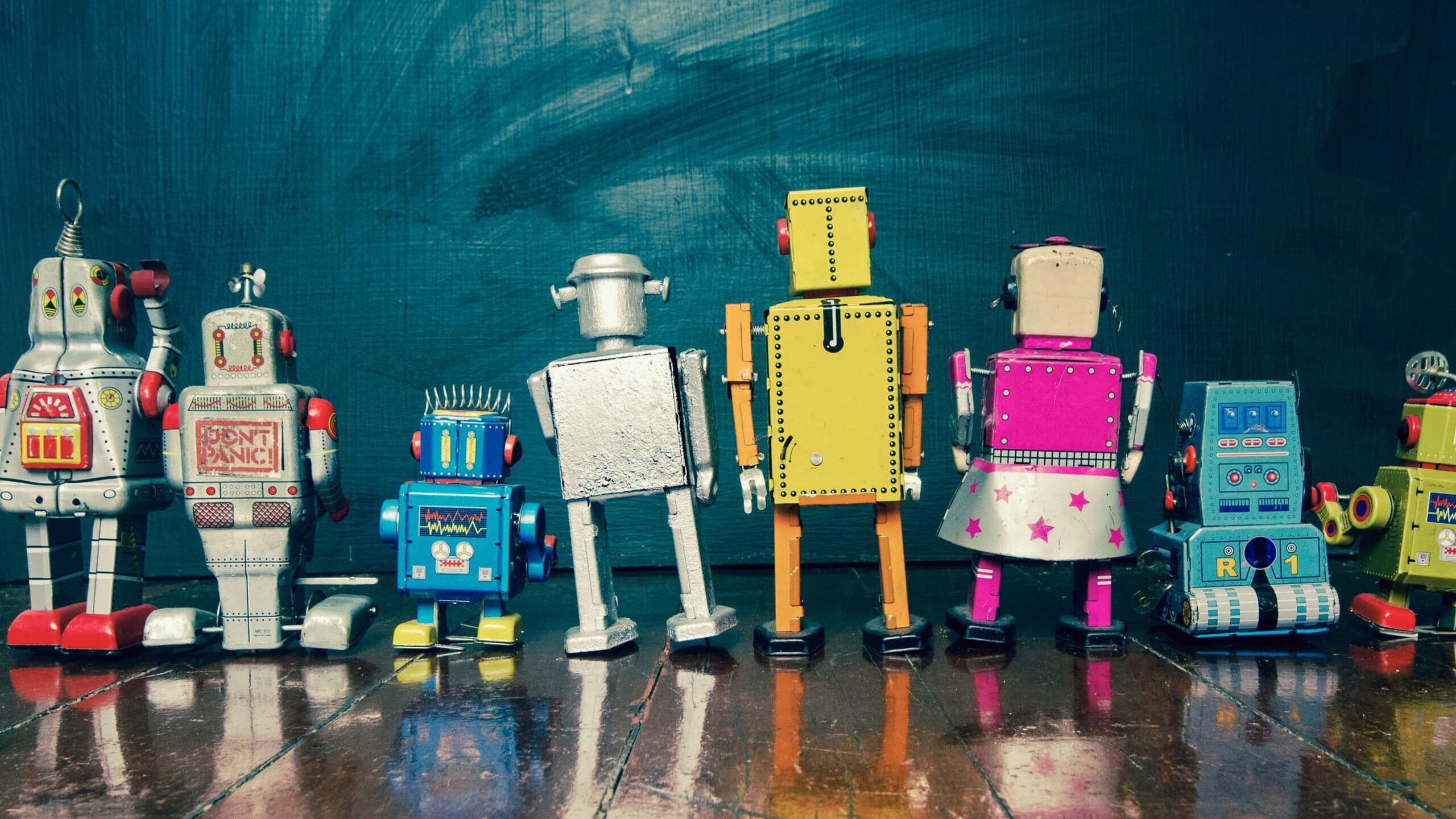
Diversity
Diversity can be defined as the sum of the ways that people are both alike and different.
It refers to differences in the lived experiences and perspectives of people, including those characteristics and attributes that are not readily seen. These may include race, ethnicity, colour, ancestry, place of origin, political belief, religion, marital status, family status, physical disability, mental disability, sex, gender identity or expression, sexual orientation, age, class, and/or socio-economic situations.
Diversity is a concept meant to convey the existence of difference. Each person’s unique combination of differences contributes to their experiences in ways that can be both positive and negative. Diversity is not a spectrum or a measure. One person cannot be more diverse than another. Diversity is created when people who are different from one another come together, and includes everyone in the room.
When we recognize, value, and embrace diversity, we are recognizing, valuing, and embracing the uniqueness of each individual.